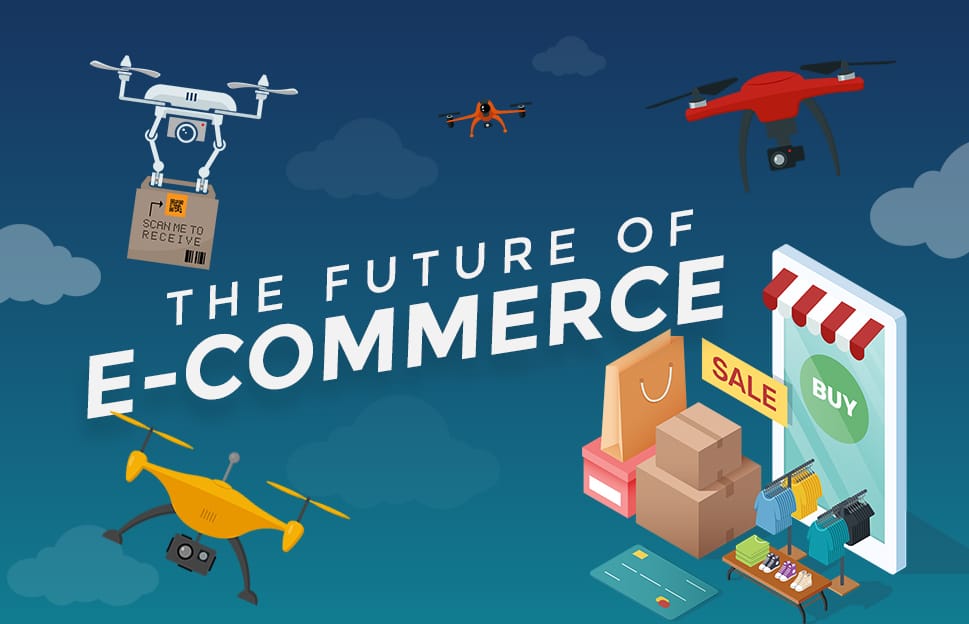The Future of E-commerce: Unlocking Personalization with AI
In the ever-evolving landscape of e-commerce, the future is poised to be shaped by the twin forces of personalization and artificial intelligence (AI).


In the ever-evolving landscape of e-commerce, the future is poised to be shaped by the twin forces of personalization and artificial intelligence (AI). As technology continues to advance, businesses are leveraging AI-driven algorithms and data analytics to deliver tailored shopping experiences that cater to the individual preferences and needs of consumers. This convergence of personalization and AI holds the key to unlocking new levels of efficiency, engagement, and innovation in the world of online retail.
Embracing Personalized Shopping Experiences
Customized Product Recommendations
AI-powered recommendation engines analyze vast amounts of customer data, including browsing history, purchase behavior, and demographic information, to deliver personalized product recommendations in real-time. By understanding individual preferences and shopping patterns, e-commerce platforms can curate tailored product suggestions that resonate with each customer, increasing the likelihood of conversion and fostering brand loyalty.
Dynamic Pricing Strategies
Dynamic pricing algorithms leverage AI to adjust product prices in response to fluctuations in demand, competitor pricing, and market conditions. By optimizing pricing strategies in real-time, e-commerce retailers can maximize revenue, improve profit margins, and offer competitive pricing that reflects the value perceived by individual customers.
Harnessing the Power of AI for Enhanced Customer Engagement
Chatbots and Virtual Assistants
AI-powered chatbots and virtual assistants provide personalized support and assistance to online shoppers, answering queries, offering product recommendations, and guiding users through the purchasing process. By leveraging natural language processing (NLP) and machine learning algorithms, these intelligent assistants enhance the overall shopping experience, streamline customer service, and increase customer satisfaction.
Predictive Analytics for Targeted Marketing
Predictive analytics algorithms analyze customer data to identify trends, predict future behavior, and segment audiences based on their likelihood to purchase specific products or respond to marketing campaigns. By targeting the right audience with the right message at the right time, e-commerce businesses can optimize marketing efforts, increase conversion rates, and drive revenue growth.
Overcoming Challenges and Seizing Opportunities
Data Privacy and Security Concerns
As e-commerce platforms collect and analyze vast amounts of customer data, ensuring data privacy and security is paramount. Businesses must prioritize transparency, consent, and compliance with data protection regulations to earn and maintain consumer trust in an increasingly data-driven world.
Investing in Talent and Expertise
To fully leverage the potential of AI-driven personalization, e-commerce businesses must invest in talent and expertise in data science, machine learning, and AI development. By building internal capabilities or partnering with external providers, companies can harness the power of AI to drive innovation, enhance customer experiences, and gain a competitive edge in the marketplace.
Embracing a Personalized, AI-Driven Future
As e-commerce continues to evolve, the integration of personalization and AI will play an increasingly pivotal role in shaping the future of online retail. By harnessing the power of AI to deliver tailored shopping experiences, businesses can create meaningful connections with customers, drive revenue growth, and stay ahead of the curve in an ever-changing digital landscape.